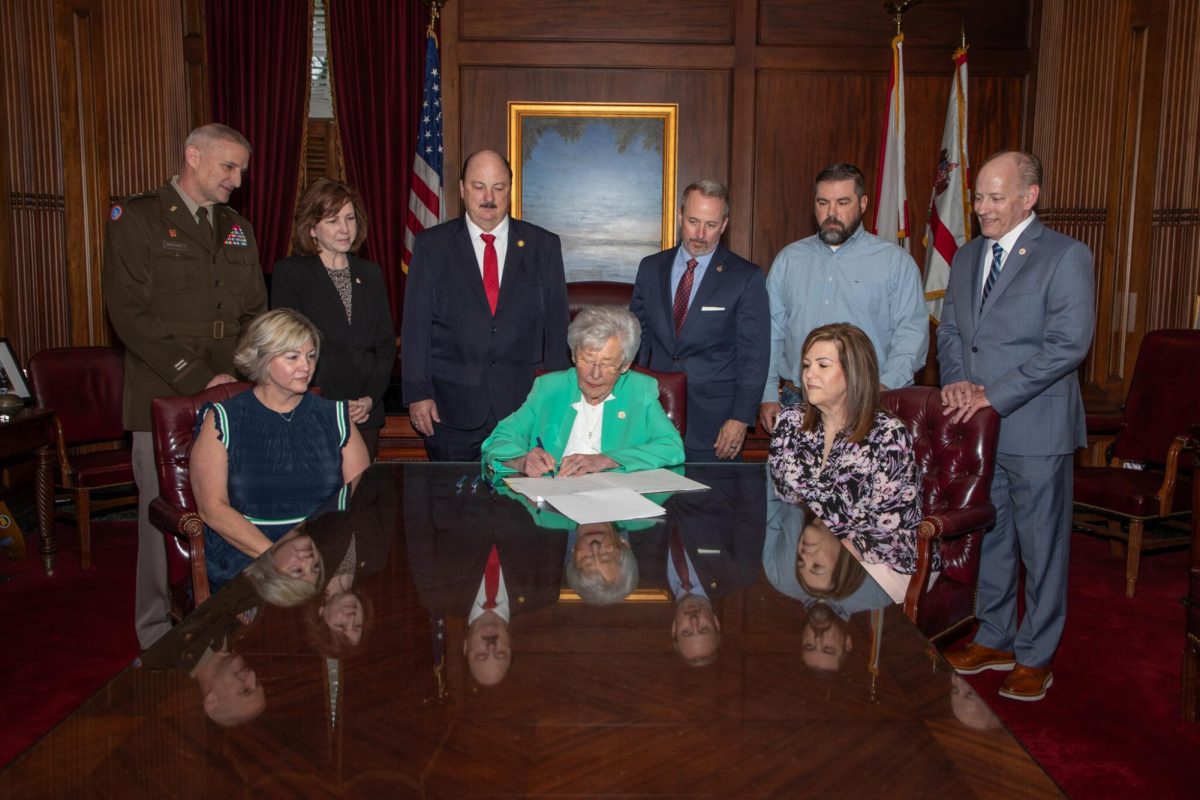Members of the National Pan-Hellenic Council were unaffected by this year’s fraternity pledgeship cancellation due to a distinct and separate membership process from the involved greek organizations.
The NPHC is a coordinating council of nine historically black greek-lettered organizations, of which the University has seven.
None of the NPHC fraternities or sororities at the University were impacted by the cancellation of pledgeship because they do not incorporate a pledging process in their membership education, Kat Gillan, director of Greek Affairs, said.
“In February of 1990, the eight major black fraternities and sororities unanimously agreed to replace pledging in NPHC organizations with a process called membership intake, which is what current-day NPHC organizations participate in,” Gillan said. “An informational meeting, an application process, an interview – or series of interviews – and an intensive educational process typically characterize membership intake.”
Unlike other greek organizations on campus, a group’s national chapter and the University do not require NPHC organizations to participate in recruitment every year with a set quota of new members, Maceo Caudle, president of the council, said.
“One year, an organization might take in 80 members, and then the next, they may only take four new members,” Caudle said. “No organization had University intake this fall through NPHC.”
Similar to other greek organizations’ recruitment, in order to participate in NPHC membership intake, certain guidelines have to be met.
“An individual must have a minimum 2.5 grade point average to even be considered, and you also cannot participate until you’ve earned at least 12 credit hours at the University,” Caudle said. “Every organization has a different standard though, and they can choose what members they would like to allow at their own discretion.”
Kiara Summerville, president of Alpha Kappa Alpha Sorority, Inc., said the process for joining a NPHC fraternity or sorority is very selective with specific requirements based mostly on service and scholarship.
“The NPHC community takes pride in the traditions of each of our organizations and the value of the brotherhood and sisterhood that each organization exhibits,” Summerville said.
AKA is a non-hazing organization and it believes that all existing and prospective members have the right to be treated with dignity and respect, she said. The organization was not affected by the University’s decision to end IFC pledgeship activities.
“We were sorry to hear that their process ended. However, we trust that UA took the necessary precautions to ensure the safety of all members involved,” Summerville said.
David Daniels, president of Omega Psi Phi fraternity, said he was surprised by the University’s decision to end IFC pledgeship.
“NPHC was unaffected as far as my knowledge, probably because we belong to an entirely different council on campus,” he said.
Daniels said his fraternity likes to be as discreet as possible regarding their intake process and cause an element of surprise to the campus when new members are initiated.
Daniels said the process mainly consists of teaching and serves as a bonding opportunity for incoming members.
“Personally, I feel like the white fraternities’ suspension caused such commotion because of the magnitude of those affected,” Daniels said. “If that were to happen to NPHC frats, the percentage of students affected or conflicted by it would be significantly smaller, resulting in less publicity.”








